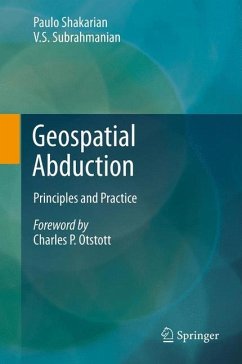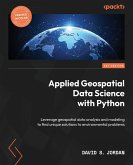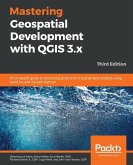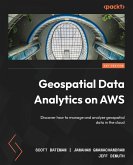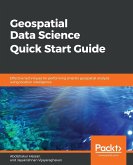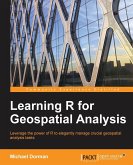Imagine yourself as a military officer in a conflict zone trying to identify locations of weapons caches supporting road-side bomb attacks on your country's troops. Or imagine yourself as a public health expert trying to identify the location of contaminated water that is causing diarrheal diseases in a local population. Geospatial abduction is a new technique introduced by the authors that allows such problems to be solved. Geospatial Abduction provides the mathematics underlying geospatial abduction and the algorithms to solve them in practice; it has wide applicability and can be used by practitioners and researchers in many different fields. Real-world applications of geospatial abduction to military problems are included. Compelling examples drawn from other domains as diverse as criminology, epidemiology and archaeology are covered as well. This book also includes access to a dedicated website on geospatial abduction hosted by University of Maryland. Geospatial Abduction targets practitioners working in general AI, game theory, linear programming, data mining, machine learning, and more. Those working in the fields of computer science, mathematics, geoinformation, geological and biological science will also find this book valuable.
From the reviews: "This monograph is an attempt to formalize abductive reasoning based on geospatial information. It includes conceptual definitions, algorithms for exact and approximate solutions, descriptions of heuristics, and examples of applying geospatial abduction to real-world problems. ... The exposition is comparable to senior undergraduate or graduate-level texts in algorithms and computability theory. ... This monograph will be a useful addition to the shelves of academics, students, and developers working with geospatial knowledge in a variety of domains." (R. M. Malyankar, ACM Computing Reviews, June, 2012)

